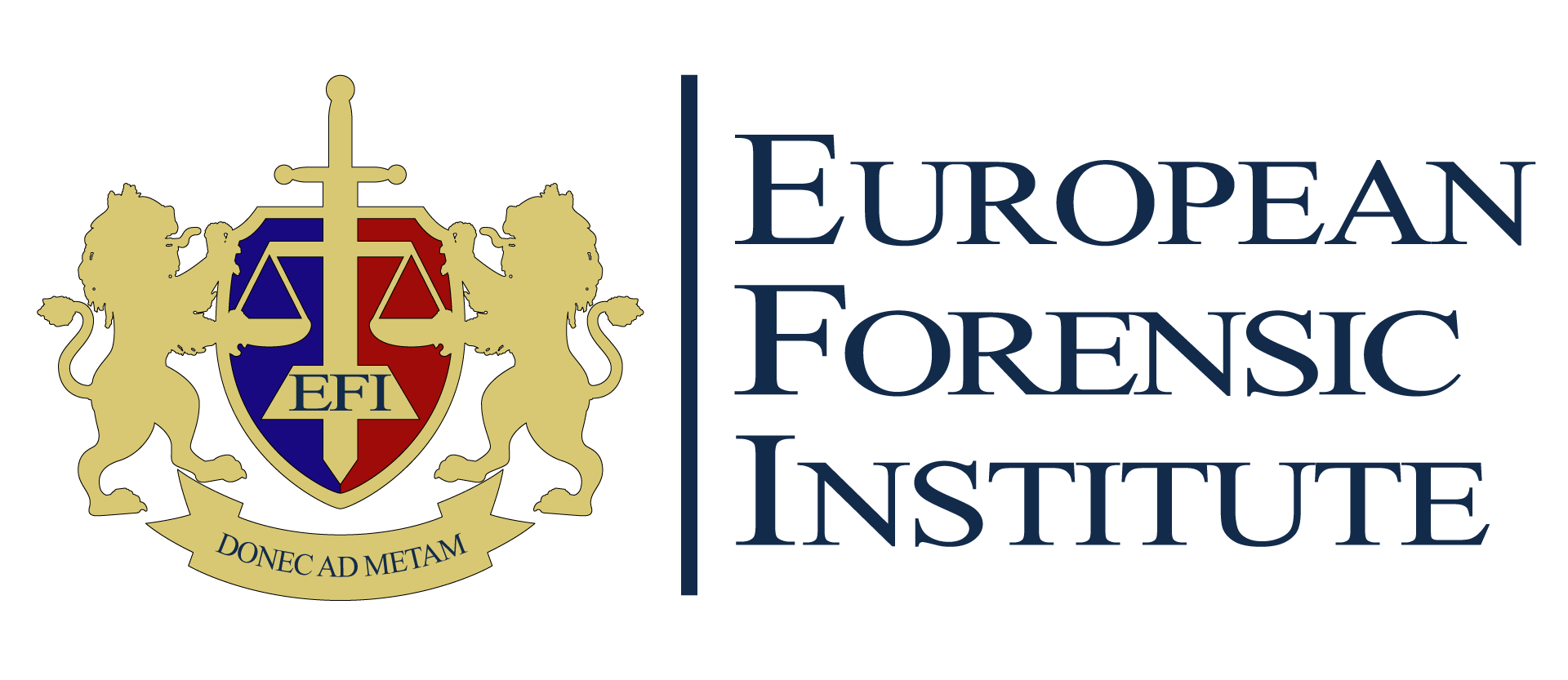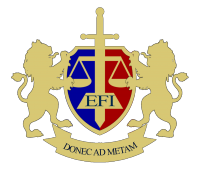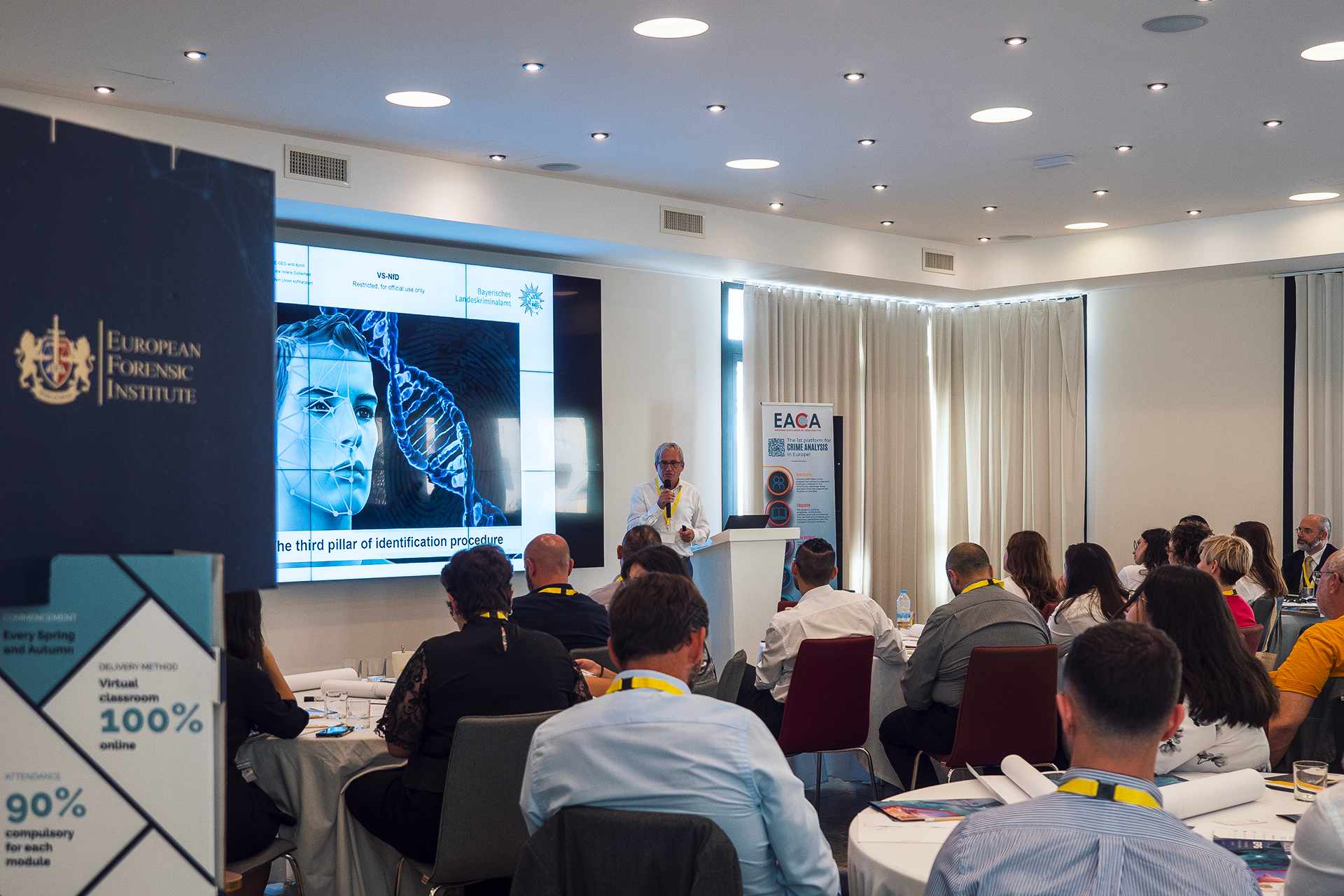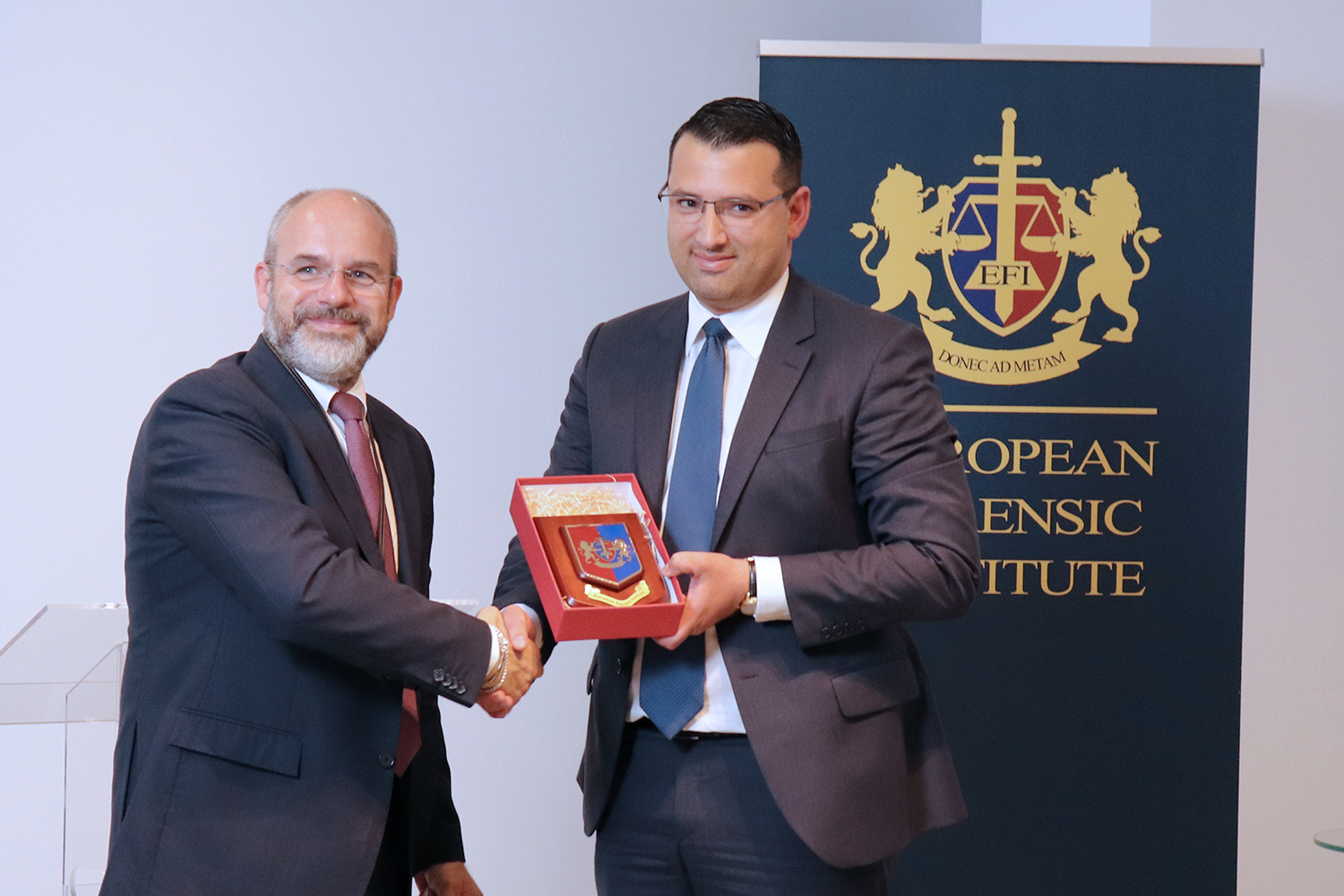Cyber Security and Digital Forensics
Master’s in Cyber Security, Digital Forensics and Crime Analysis
Cyber threats are becoming increasingly common in a highly digitised world. Technical expertise on computer devices and data is now an essential step in many investigative activities. As a result, experts in Cyber Security and Digital Forensics are in demand all over the world to defend institutions and companies of all sizes against cyber-attacks and to support criminal investigation activities.
Students will learn how to assess and manage cybersecurity risks, the fundamental concepts of computer and mobile forensics, and how to conduct system, web and network penetration tests. The integration of theory and practice makes this course unique and essential for training professionals.
COURSE MAIN INFORMATION
Area: Cyber Security and Digital Forensics
Duration: Full-time 18-month postgraduate programme
Final qualification: European Qualification Framework Level 7
Accreditation : Malta Further and Higher Education Authority
Category: Higher Education Programme
Credits: 90 ECTS; 30 ECTS per semester
Delivery Method: Virtual Classroom
Hours: 450 hours of teaching
Attendance: 90% compulsory for each module
Laboratory sessions: Online
Written Assessments: Online
Language of instruction: English
Commencement: First intake expected in autumn 2024
SPECIFIC ENTRY REQUIREMENTS
Qualification
Students who have completed their first Level 6 degree and are looking to continue education with the intention of working in the fields of Digital Forensics, Cybersecurity, and Intelligence with some background in Information Technology (IT), Cybersecurity, Computer Networks, Forensic Science, Applied Computing, Software Engineering, and Accounting & Finance.
Language
English – CEFR B2 or equivalent such as Overall IELTS Academic Band score of 5.5 and above or TOEFL 46 above. If the language of instruction of the previous qualification (EQF Level 6) was delivered in English, the candidate will be considered to have met the language requirement.
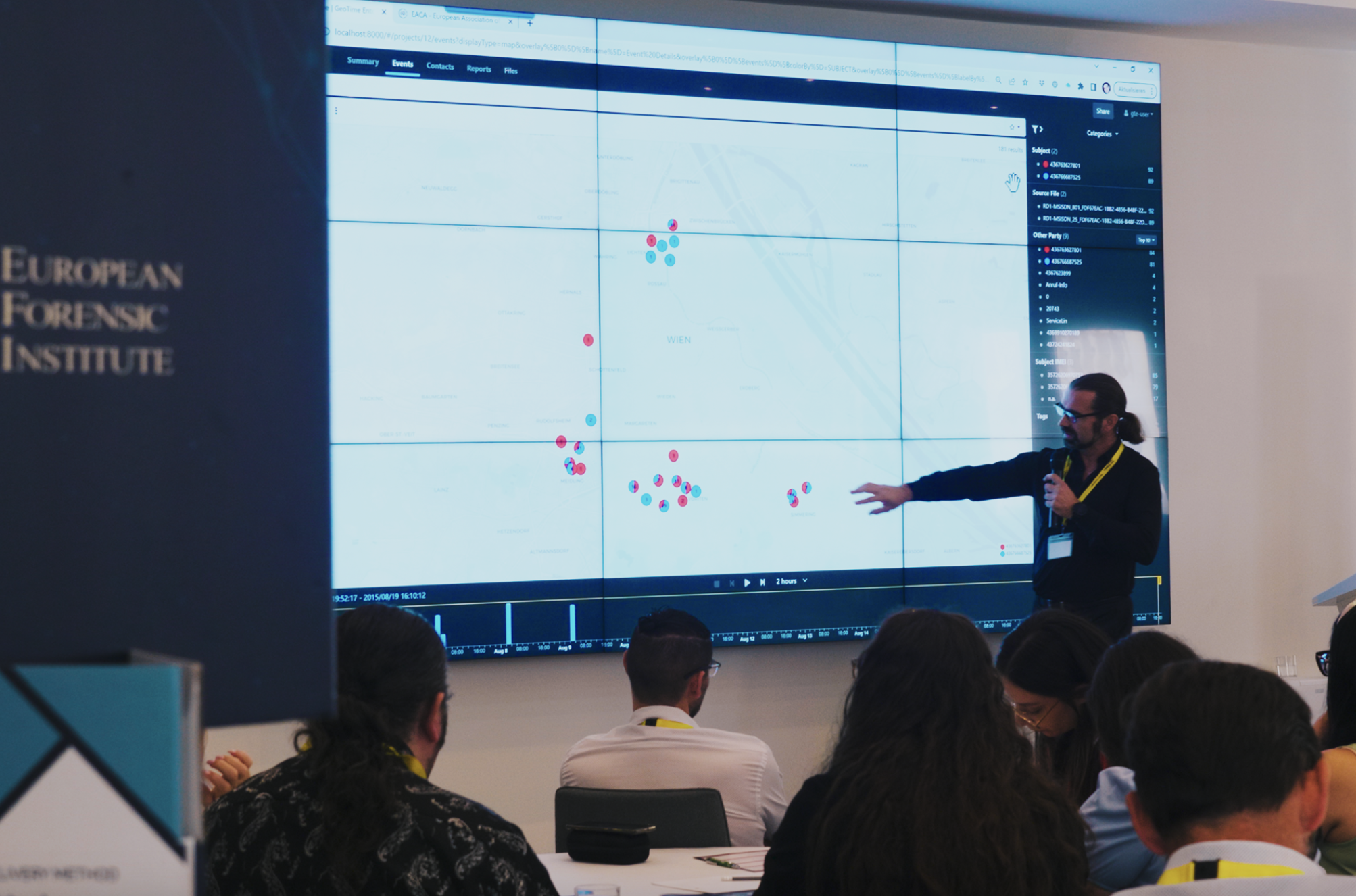

Teaching Method
ONLINE LESSONS
Live Virtual Classroom with lecturer on our Digital Campus (MS Teams), attendance is compulsory.
EXAMS AND RESITS
100% Online.
RESEARCH AND DISSERTATIONS
Independent research, online presentation and submission.
OPTIONAL SEMINARS
Students are encouraged to join training, workshops and events organised in related fields by international organizations and associations.
What marks this course apart?
The unique combination of this course at the intersection between business management, financial crime and digital technologies sets this course apart from most traditional business courses. This Master’s programme combines the management and governance aspects of most business courses with the analytical and problem-solving investigative skillset allowing for learners to gain from both perspectives and preparing them for the real-world challenges of today’s professionals.
Job-oriented learning
Being a student at the European Forensic Institute means acquiring knowledge, skills and competences directly from the source. From forensic practitioners that work on a day-to-day basis as experts in the field they teach. In fact, our lecturers are working forensic consultants or researchers, giving student the unique opportunity to interact with lecturers both professionally as well as academically. In other words, being a student at the European Forensic Institute means “learning about a job in the job market”.
Career paths
The Master’s in Cyber Security, Digital Forensics and Crime Analysis is designed to prepare students who wish to gain experience and skills in computer and mobile forensics, penetration testing, cyber security and risk assessment and management.
Graduates of this program become leaders in analyzing digital systems and networks, risk assessment and management, digital forensics analysis, malware analysis and penetration testing. This programme enables students to combat with the most major crime risk facing modern society. This Master’s does not lead to a regulated or warranted profession.
Potential career paths are:
Information security auditor
Information security analyst
Information security manager
Incident and intrusion analysts
Vulnerability and penetration tester
Digital forensic analyst
Cybersecurity analyst
